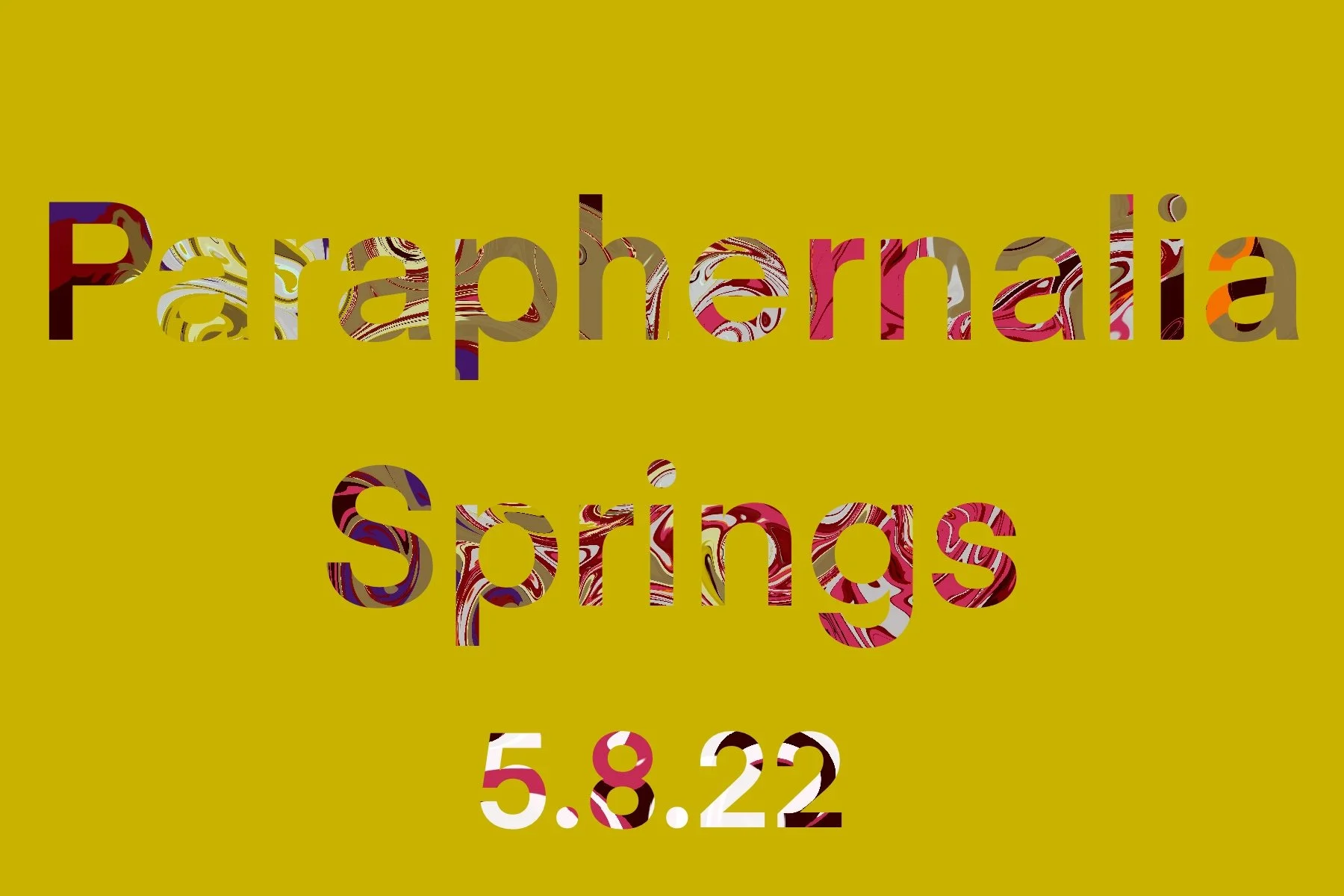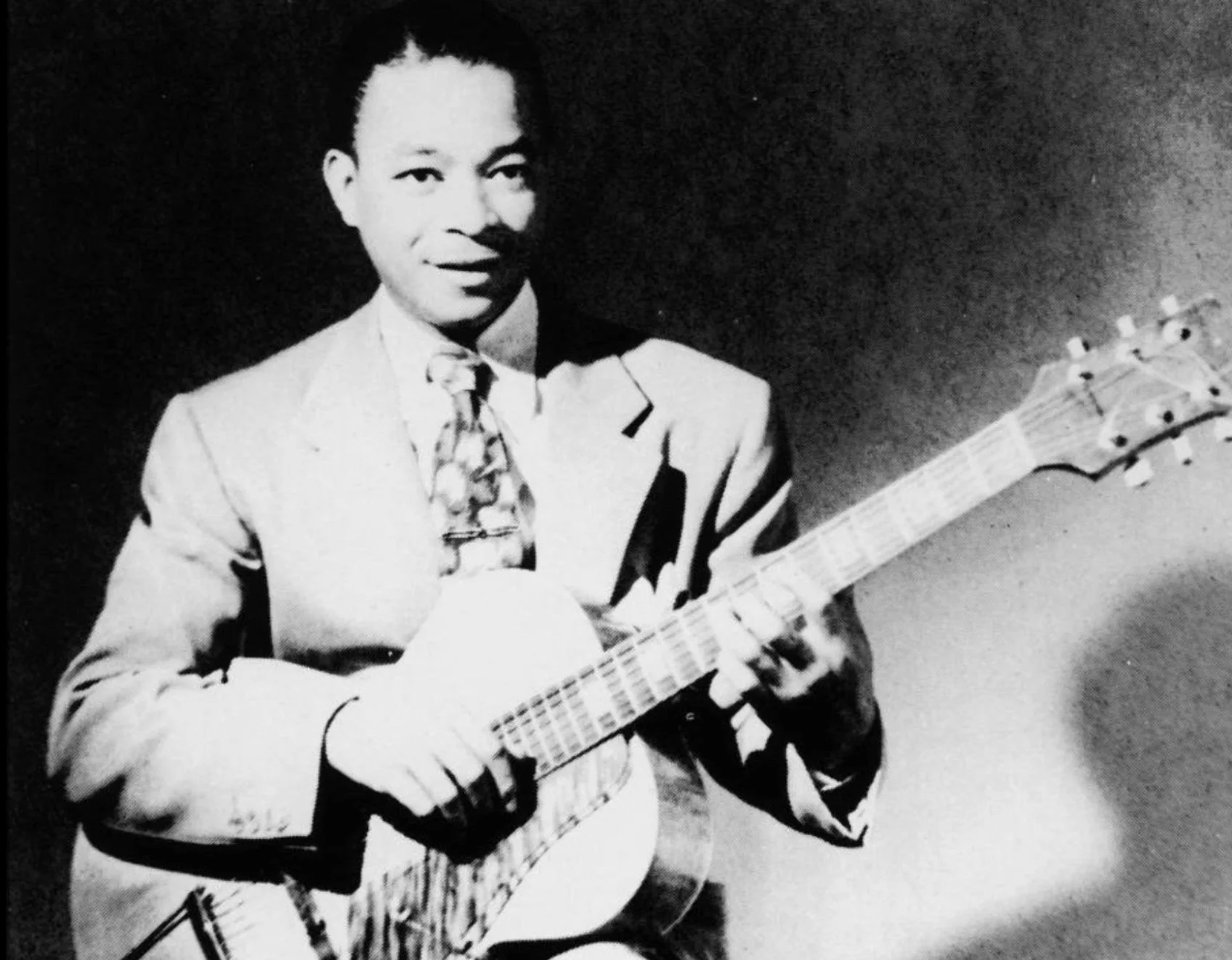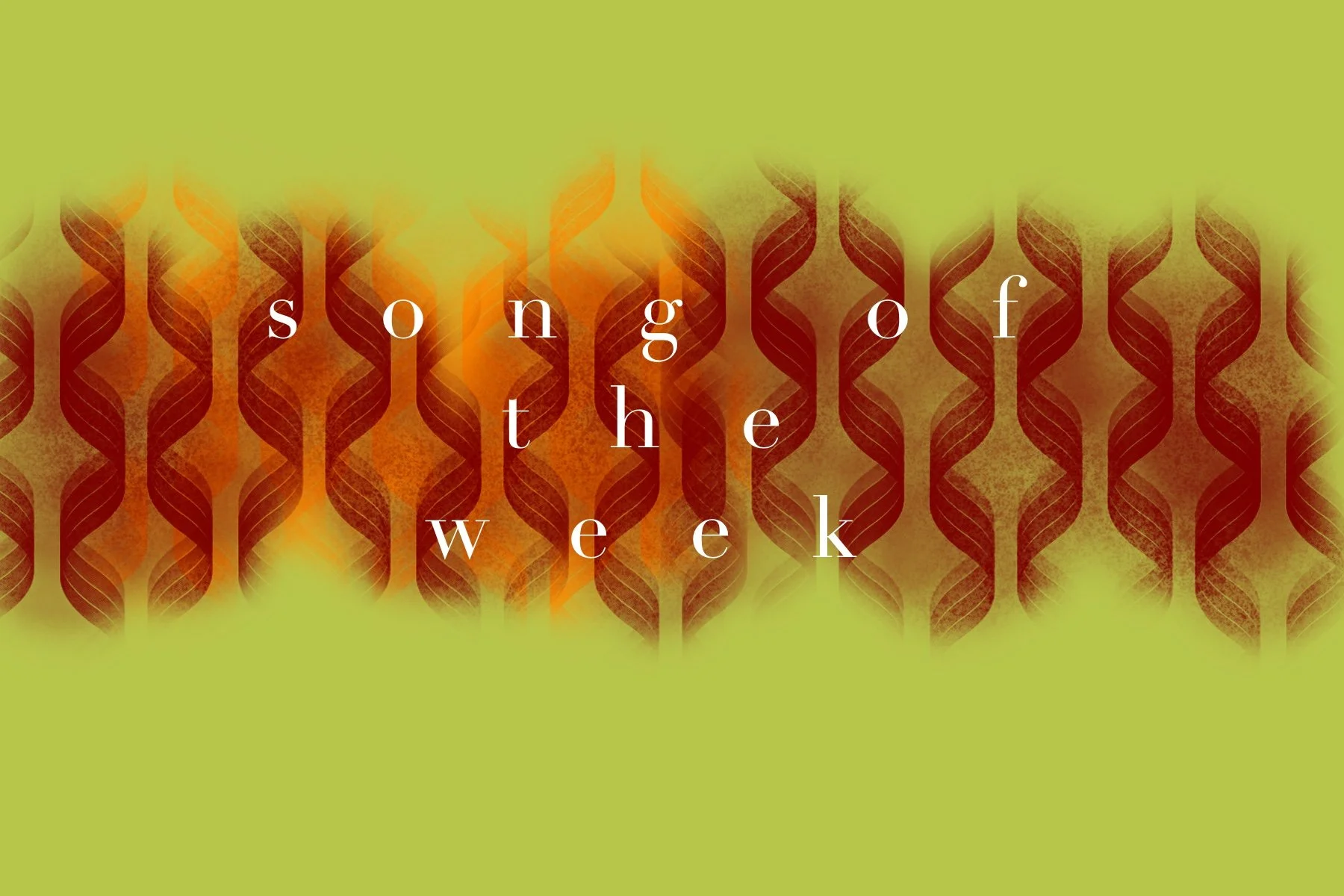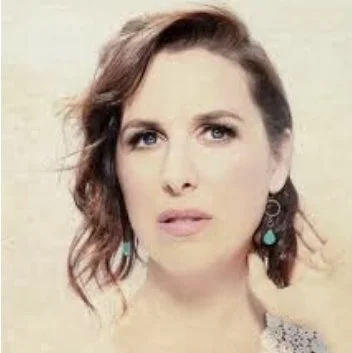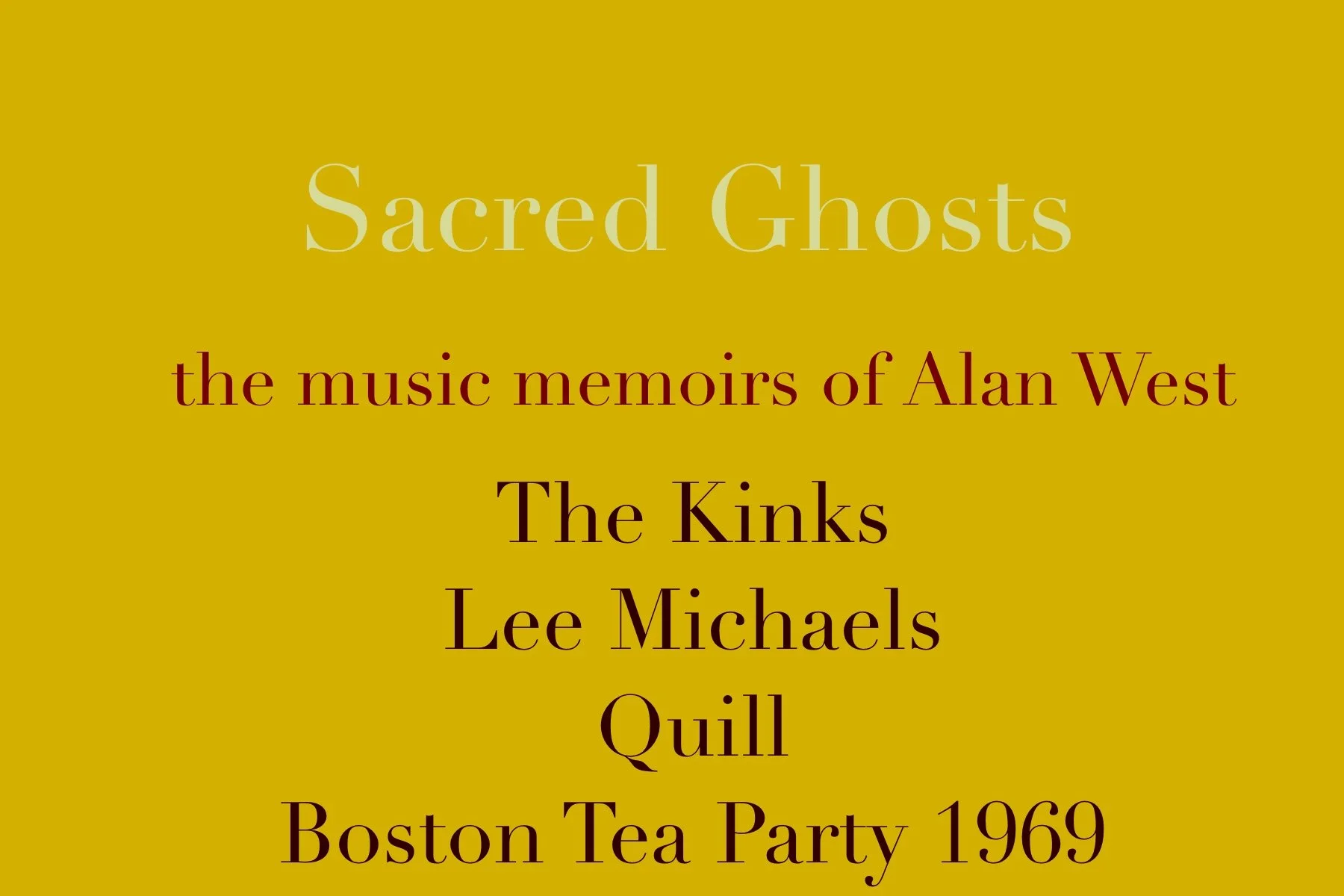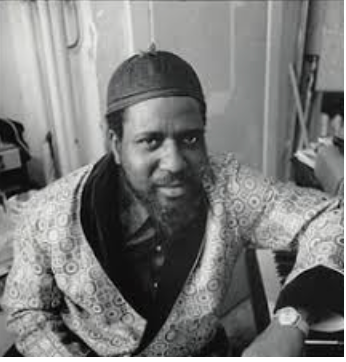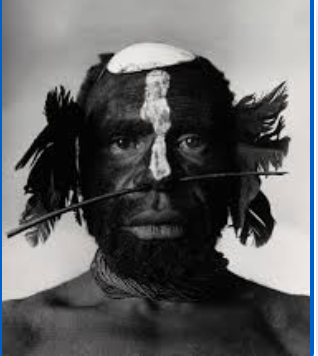These pages are full of figures in music and art who made great and innovative contributions that, in my humble opinion, deserve not to be forgotten or overlooked. Such applies to the guitar innovator Teddy Bunn. He recorded with several jazz giants: Jelly Roll Morton, Duke Ellington, Sidney Bechet and Victoria Spivey. An astute acoustic player during the 1930’s he pioneered the use of electric guitar in the 40’s. He remarked that he played mostly with his thumb! Some examples follow:
“Modern Appalachia
Sarah Siskind
I heard the sound of Dolly sing - and I breathed in every note
Stories told through melody with equal pain to hope
It was modern appalachia - so ancient, so free
It began to sew the fabric of me
I heard the voice of Mahalia and I beamed with a childish grin
She sang to me about her Jesus and I wanted to know Him
It was modern appalachia - so old, so new
When the sacred met the sorrow, (i knew) it was true
Finding out who we are - Finding out who we are
Every day we’re finding out
Then I heard the sound of Bill Frisell - I stopped right there and wept
Without a word, just notes he played, painted pictures on the fret
It was modern appalachia - so ancient, and so free
Speaking straight to every color in me
I heard the voice of Paul Brady and every hair did rise
I wondered how a sound so pure was this side of the skies
It was modern Appalachia - so old, so new
It became part of the landscape I view
Finding out who we are
We’re finding out who we are
Every day we’re finding out”
“The Kinks
Lee Michaels
Quill
Boston Tea Party
October 24, 1969
Last week I mentioned Ryan Walsh’s excellent book, Astral Weeks: A Secret History of 1968. In it he brings to light the story of Mel Lyman, the leader of a commune in the Fort Hill neighborhood of Boston, who also founded and ran the Boston Tea Party. It opened on Friday January 20, 1967 in an abandoned temple at 53 Berkeley Street. Two years later (July 12, 1969) the club moved to an old warehouse on 15 Lansdowne Street. The club closed on December 29, 1970. It and many other smaller ballrooms and concert halls closed in the early seventies as record companies realized that their artists could fill sports arena sized venues.
Quill was a Boston based band that just after noon opened the second day of Woodstock. Perhaps most interesting about the band is that their drummer, Roger North went on to play drums for Odetta and then with The Holy Modal Rounders.
Lee Michaels, while not a one-hit wonder, made the biggest splash a few years later with, ”Do You Know What I Mean.” He performed on piano, B3 Hammond Organ and harpsichord with a drummer, Frosty. His song, “The War,” features his harpsichord playing. There are very few, if any, examples of that in rock/pop history.
In 1965 the American Federation of Musicians had banned the Kinks from touring the US. Here is one link that explains what occurred.
https://faroutmagazine.co.uk/the-kinks-ray-davies-banned-from-usa-america/
When the ban was lifted in 1969, they were not as popular as they had been. Their recordings from the late 60s (The Kinks Are the Village Green Preservation Society, Arthur (Or The Decline and Fall of the British Empire) and Lola Versus Powerman and the Moneygoround), while critically acclaimed, did not sell well. In the concert they featured their hits, All Day and All of the Night, You Really Got Me, Tired Of Waiting For You, Sunny Afternoon and Waterloo Sunset, as well as their new material from Arthur and Lola.
Lyrics from an early Kinks classic, “The Death Of A Clown.”
The old fortune teller lies dead on the floor
Nobody needs fortunes told anymore
The trainer of insects is crouched on his knees
And frantically looking for runaway fleas
Lyrics from an early Kinks classic, “The Death Of A Clown.””
More Monk Chapeau work!
Photogtapher Irving Penn portraiture, acrobatic in its geometry.
